As the world marks International Day of the African Child, Education Cannot Wait (ECW) Executive Director Yasmine Sherif has issued a powerful statement reaffirming the right of every African child to quality education—declaring that “education cannot wait” for the continent’s youth.
Africa is home to the youngest and fastest-growing population in the world. Yet millions of children across the continent remain excluded from learning opportunities due to conflict, poverty, displacement, and systemic barriers. Sherif calls on global leaders, donors, and the private sector to intensify investments in education, particularly for children affected by crises.
“We honour the courage, resilience and dreams of Africa’s children. Their potential is limitless. Their right to quality education is non-negotiable,” Sherif said.
The Economic and Social Case for Investing in Education
Evidence from the World Bank suggests that improving foundational learning could **double sub-Saharan Africa’s GDP per capita by 2050**. Furthermore, tripling pre-primary enrolment in the region could yield **returns of up to US\$33 for every US\$1 invested**.
These statistics present a compelling case: even modest investments in early education could significantly transform Africa’s development trajectory—unlocking markets, driving innovation, and delivering on global commitments such as the **2030 Agenda for Sustainable Development** and the **Pact for the Future.
Stark Realities and a Growing Crisis
According to ECW, sub-Saharan Africa is home to nearly half of the world’s 234 million crisis-affected school-aged children. Even more alarming, four in five African children cannot read or comprehend a simple sentence by age 10**—a situation defined as “learning poverty” and one that perpetuates intergenerational cycles of disadvantage.
Progress and a Path Forward
ECW has already reached over 7.4 million children across Africa, focusing on key areas such as foundational literacy and numeracy, gender equality, teacher training, and mental health support. The organisation promotes a **whole-child approach** to education—addressing not only academics but also the wellbeing and empowerment of learners.
In support of the African Union’s declaration of 2024 as the “Year of Education,” ECW is intensifying its call for increased, sustained funding for education in emergencies. Sherif stresses the importance of supporting multilateral education funds** like ECW to ensure long-term, scalable solutions.
“We can and we must keep hope alive for the children of Africa,” Sherif concluded.
As the international community reflects on the theme of this year’s Day of the African Child, the message is clear: investing in education is not just a moral obligation—it is a strategic imperative.


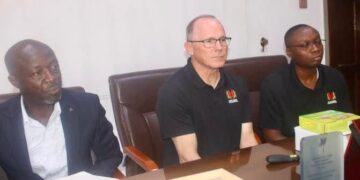



























































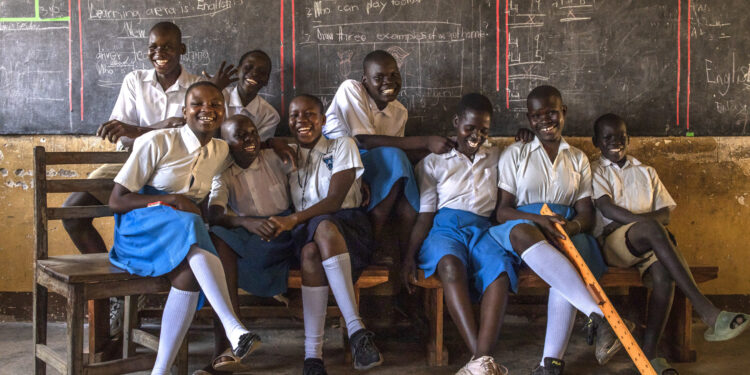




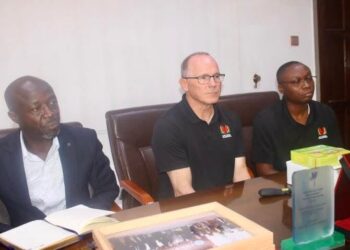
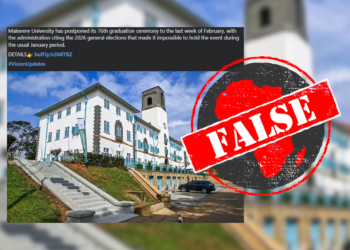

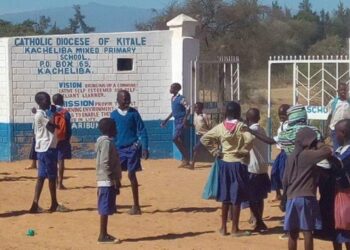
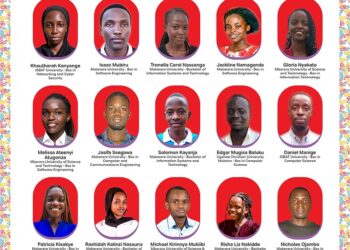










 EduTimes Africa, a product of Education Times Africa, is a magazine publication that aims to lend its support to close the yawning gap in Africa's educational development.
EduTimes Africa, a product of Education Times Africa, is a magazine publication that aims to lend its support to close the yawning gap in Africa's educational development.